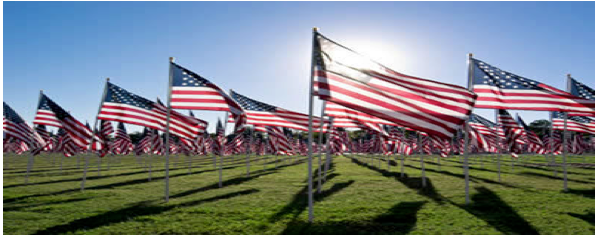CITYWATCH - There were many grassroots Angelinos who saw the voter uprising that overwhelmingly approved LA’s new Charter in 1999 as a kind of Declaration of Independence. A kind of demand-to-be-heard revolution.
The Charter vote didn’t need the Supreme Court to decide the outcome. It was decisive. Consider this: the new Charter was approved by a greater percentage of the voters than was Antonio Villaraigosa in either of his mayoral elections. It was a public shout for a voice in the of-the-people and for-the-people process.
Former Councilman Joel Wachs made neighborhood councils a linchpin in his 1992 mayoral campaign. He said that LA citizens had become cynical about and disengaged from City Hall because no one there was listening to them. The 1999 Charter vote was Los Angeles saying they weren’t going to take it anymore.
Two things of significance were featured in the new Charter: more centralized power for the mayor and neighborhood councils. Then Mayor, Richard Reardon, wanted the centralized power part but didn’t think it was a sexy enough issue to attract the vote. Neighborhood councils … a Charter-mandated right for ordinary folks to offer advice to City Hall … had more appeal. So, even though he was not really a fan of the NC concept, he saw it as a way to sell the new Charter. And, as a result, neighborhood councils became the centerpiece of the Charter pitch.
How it came about didn’t interest the citizenry much. They saw the opportunity and seized it. In a big way.
Heady days followed that ‘Declaration of Independence.’ As the workshops and hearings were rolled out across the city an atmosphere of revolution began to swell. And the revolutionaries went from hearing to hearing excited by the possibilities.
Professor Blackburn was exhilarated by the possibility that everyone would have a seat at the neighborhood political table. Michael Gutierrez imagined that perhaps now the voices in his Boyle Heights neighborhood might have impact downtown. Molly Hedrin saw the ‘revolution’ as not a replacement for secession but a better than nothing opportunity for her beloved Valley to get some respect.
The revolutionaries talked of “holding City Hall accountable.” Of, “changing the way the City does business.” Of the power or empowered neighborhoods.
Now, 12 years later, this Fourth of July, the neighborhood council movement seems more like evolution than revolution. And, for some, the independence is more and more missing from the declaration of.
The City now has greater influence and control of neighborhood council elections. The strings are being tightened on the funding process … not the way the councils’ money is managed but what they spend it on. The City has become more intrusive in the sacred world of NC bylaws. The City Council put the brakes on the Council File Number for NCs idea by adding punitive declaration requirements. The department and the BONC are deciding for Councils what the standards should be of self-assessment. NC funding has been reduced and unspent funds have been swept clean. Many Councils felt betrayed and ignored in the redistricting process. City Council … through the E & N Committee … has ordered NCs to provide status reports on their outreach programs. Recommendations by the NC Review Commission that differed from the City Council vision of the neighborhood council movement … i.e. a Sunshine Law … continue to gather dust on some City Hall shelf out of the light of day. This is a partial list.
From revolution to evolution, LA’s neighborhood councils have made some dramatic inroads. The negotiation of the agreement (MOU) between the LADWP and neighborhood councils, the creation of the newly minted DWP Ratepayers Advocate, the defeat recently of Measure B, the maturity and growing influence of the NC Budget Advocates Committee, protecting their funding, learning the art of grassroots collaboration and 21st Century communication are examples. However, losing sight of the reasons for the revolution will ultimately prove fatal for the evolution.
The ability of neighborhood councils to impact the City’s business … your business … diminishes with the loss of neighborhood council independence.
Not a bad time, this 12th anniversary of the new Charter victory, to commit to preserving what got you here.
(Ken Draper is the editor of CityWatch. He can be reached at [email protected]) ◘
Tags: Ken Draper, CityWatch, Neighborhood Councils, 4th of July, Independence Day, City Council, City Hall
CityWatch
Vol 10 Issue 53
Pub: July 3, 2012





